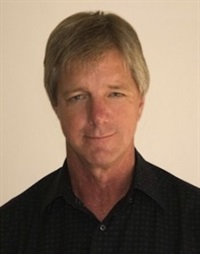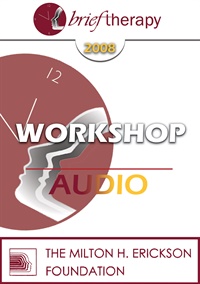BT08 Workshop 47 - The Problem is the Solution: Symptoms as Identity Transformers - Stephen Gilligan, PhD
- Average Rating:
- Not yet rated
- Topic Areas:
- Workshops | Brief Therapy | Psychotherapy | Resources | Self-Relations
- Categories:
- Brief Therapy Conference | Brief Therapy Conference 2008
- Faculty:
- Stephen Gilligan, PhD
- Duration:
- 2:43:52
- Format:
- Audio Only
- Original Program Date:
- Dec 14, 2008
- License:
- Never Expires.
Description
Description:
A key idea in Milton Erickson's work was that a person's problematic experiences and behaviors can be skillfully accepted and utilized as the basis for therapeutic change. Self-relations psychotherapy develops this idea further, emphasizing symptoms as indicating the death of an old identity and the impending birth of a new identity. Thus, we don't try to "get rid of" depression, anxiety, or other "acting out/acting in" expressions, but instead invite them into a human relationship of "sponsorship", where their healing and helpful nature may be realized. In this workshop, we will see how a therapist can generate a ritual space where symptoms and other disturbing experiences can be "midwifed" into new identities.
Educational Objectives:
- To describe the basic principles and methods of self-relations psychotherapy.
- To describe how these methods might be used to transform symptoms into positive solution and resources.
*Sessions may be edited for content and to preserve confidentiality*
Credits
Faculty

Stephen Gilligan, PhD Related Seminars and Products
Stephen Gilligan Ph.D., is a Psychologist in Encinitas, CA. He was one of the original NLP students at UC Santa Cruz; Milton Erickson and Gregory Bateson were his mentors. After receiving his psychology doctorate from Stanford University, he became one of the premier teachers and practitioners of Ericksonian hypnotherapy. This work unfolded into his original approaches of Self-Relations and Generative Self, and then further (in collaboration with Robert Dilts) into Generative Coaching. These different traditions have all been updated and integrated into the present Generative Change Work, which includes the applications of Generative Coaching, Generative Psychotherapy, Generative Trance, Hero’s Journey, and Systemic Change work.


